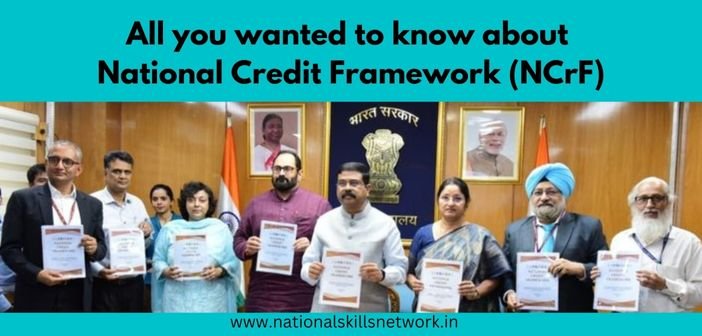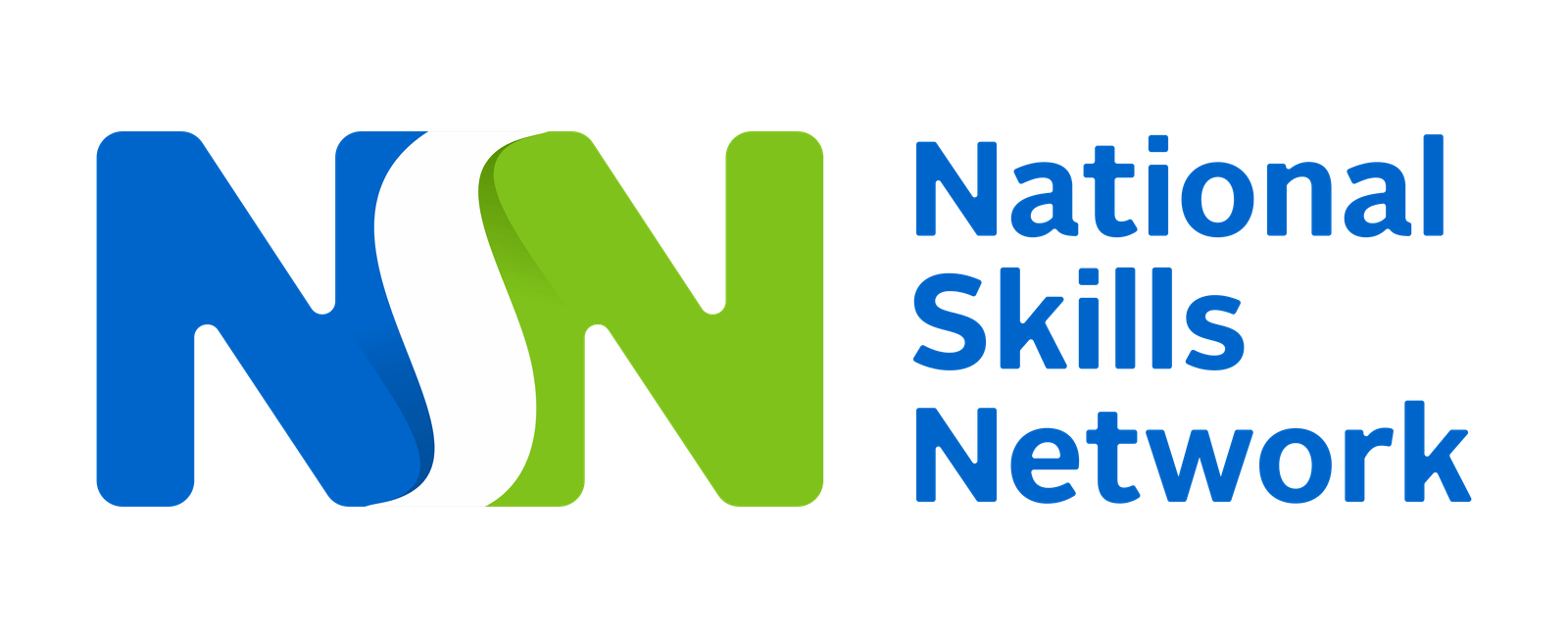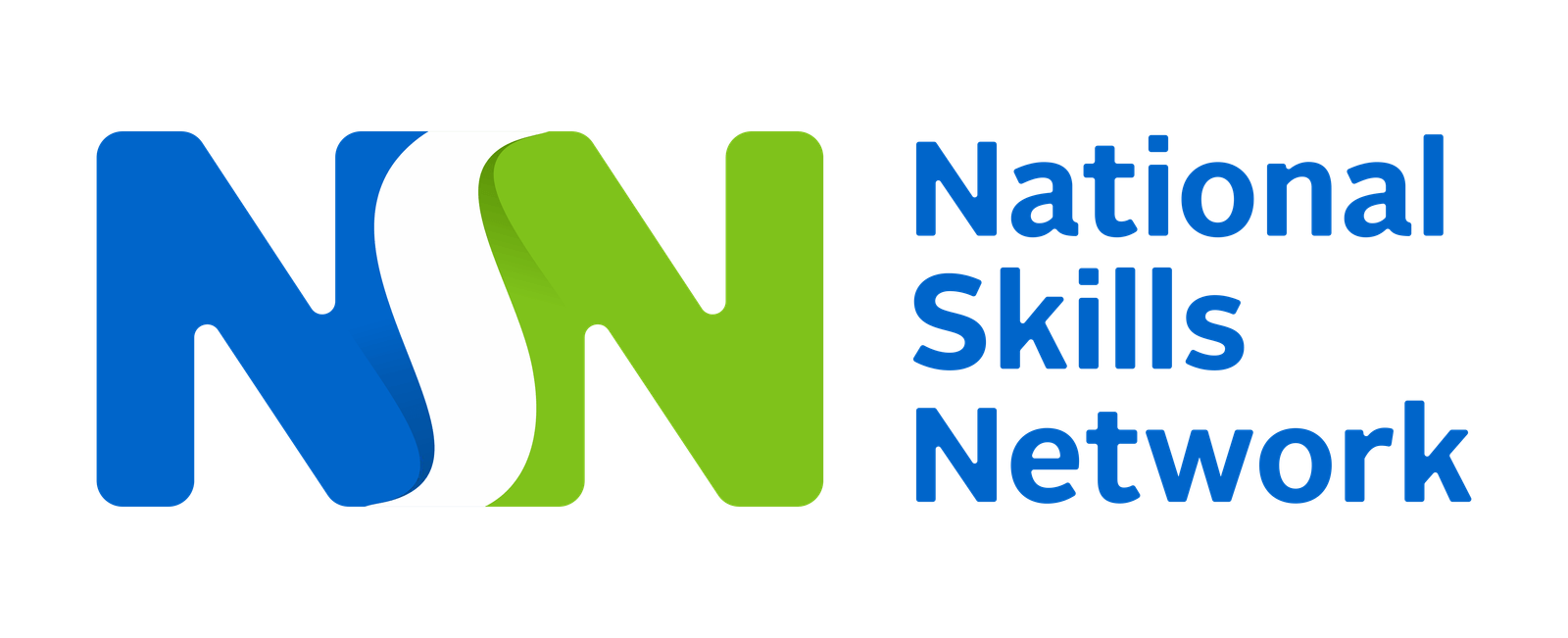With an aim to integrate formal academic and vocational education with the informal learning and knowledge, Union Education Minister Shri Dharmendra Pradhan recently unveiled the draft report on the National Credit Framework (NCrF). The main objective of NCrF is make Indian education system inclusive and holistic through flexibility, parity and equivalence.
The recommendations of the committee were made available for public comments till 31st Nov 2022 and the framework is now in the process of finalization.
The NCrF can bring in a radical transformation in the Indian education system by recognizing and accrediting academic learning or skills acquisition accomplished by one’s individual efforts. The credits awarded for such learning or skills will pave the way to the accumulation of credits that can be used to gain a formal qualification. For instance, a performing artist who has mastered a dance form, a carpenter who has put in years of work to refine his or her craft or a baker who is running a successful business – all of them can become eligible to earn credits after assessment of their knowledge and skills.
Let’s look at an example of an auto mechanic, who used to repair only 2-wheeler vehicles. After years of practice and experience, he or she can repair 4-wheeler vehicles and is now learning to work on electric vehicles. According to the proposed NCrF, his/ her improved levels of proficiency would be recognised, assessed and would be given credits. These credits can be accumulated and transferred through the ‘Academic Bank of Credit’, which enables mobility across different levels of study.

What is National Credit Framework (NCrF)
The National Credit Framework (NCrF) is an enabling framework and an implementation mechanism of the National Education Policy (NEP) 2020 to integrate all kinds of learning i.e., academics, vocational skills and experiential learning to ensure flexibility and mobility between the two.
NCrF is the first-of-its-kind framework in India, encompassing elementary, school, higher, and vocational education and training for creditizing all kinds of learning. Under NCrF, the assignment of credit is not only independent of the education streams, subjects or type of learning but also independent of the mode of learning and applies to offline, online and blended modes thereby promoting extensive use of technology in teaching and learning, especially in vocational education, training and skilling.
Formulation of National Credit Framework (NCrF)
NCrF is jointly formulated by a high-level committee constituted by the government with members from UGC, AICTE, NCVET, NIOS, CBSE, NCERT, Department of School Education and Learning and Department of Higher Education, Ministry of Education, DGT, and Ministry of Skill Development and Entrepreneurship.
What are credits under NCrF
According to the draft NCrF, credits are essentially a “recognition that a learner has completed a prior course of learning, corresponding to a qualification at a given level”.
The NCrF provides for the assignment, accumulation, storage, transfer and redemption of credits. These credits will enable recognition and quantification of all types of learning as per the prescribed learning outcomes for a particular credit level. The framework gives an insight into how credits can be earned, accumulated, and transferred for equivalence and multiple entry and multiple exit options. This can be done through the ‘Academic Bank of Credit’, which enables mobility between different levels and stages of learning.
How can students earn these credits
For the purpose of assessment and calculation of credits, the NCrF divided the education system into multiple levels. For school education, there are four levels. Students clearing class XII will be at credit level 4. For higher education, the levels are from 4.5 to 8, which is basically from the first year of UG to PhD. The total number of credits earned by a student will be obtained by multiplying the credits earned by them with the NCrF level at which the credits have been earned.
NCrF is a single inclusive meta framework and proposes that the total notional learning hours for assignment of credits across school education, higher education and vocational education will be 1200 hours per year. For this, the students/ learners shall be awarded 40 credits. The students may take additional courses/programs/subjects/ projects beyond 40 credits to get additional credits for the same. Under NCrF, the credit levels to be assigned will be based on the cumulative number of years of learning, subject to attaining defined learning outcomes determined by assessment.
What are notional learning hours
According to NCrF, notional learning hours mean the time spent not just in classroom teaching/ learning, but also in a range of co-curricular and extracurricular activities. These activities include sports, yoga, performing arts, music, vocational education and training, on-the-job training, internships, apprenticeships, etc.
Inclusivity in NCrF
The framework also provides for creditization of special cases like gifted students, and students with intellectual disabilities wherein the assignment of credit will be independent of the pace of learning. The NCrF will also cater to Recognition of Prior Learning, out-of-school students with experience, students with exemplary performance in sports, arts, music, etc. and creditization of hackathons and Olympiads.
Thus, NCrF is also an attempt to mainstream all groups of learners including differently-abled students, out-of-school students and learners waiting to re-enter the education system by removing barriers and improving access and opportunities through multiple entry-exit options and encouraging life-long learning.
Assessments and evaluation under NCrF
The NCrF operates on the basic principle of learners attaining prescribed learning outcomes (earned through academic or vocational education, skill training or experiential learning) determined by successful assessments. The assessment is thus mandatory for earning credits for all types of learning and progression to the next assessment band.
The Assessment Bands are the stages at which the student/ learner needs to be formally assessed for progression in academic or vocational streams, for example, class 10th or class 12th board exams, under-graduation or post-graduation semester exams. The credits, calculated as credit points, for the two courses/ qualifications/ programs may be added to each other with the same assessment band for progression to the next. The credits earned by a learner are accumulated in the Academic Bank of Credits (ABC) if these are earned in the same assessment band, subject to the guidelines of the respective regulators.
Proposed benefits for various stakeholders under NCrF
Students
- NCrF will ensure flexibility in the duration of study or courses through provisions of multiple entries and exit options and work options
- Creditization of all learning hours, including academic, vocational and experiential learning
- Establishing multidisciplinary and holistic education with flexible curricula
- Removing the distinction between arts, science, social sciences, commerce, vocational course, etc.
- Giving student credits for every course, skill or experience earned
Institutions
- NCrF will bring about a unification of higher education institutions to promote multidisciplinary education
- Promoting stronger collaboration between institutions
- Making credit mechanism simpler and uniform
- Increasing focus on research and innovation
- Promoting digital learning, blended learning, and open distance learning
Government
- NCrF is expected to assist the government in increasing the enrolment of students, helping to fulfil the national vision of complementing the demographic dividend and transforming India into the world’s skill capital.
- Making vocational education and training/ skilling aspirational
Industry
- NCrF will allow students to attain NSQF-approved foundational skills developed by the industry
- Helps in re-skilling and up-skilling existing employees/ engineers
- Making students more employable by enabling a more holistic design of the study
- Creating a multi/ cross-sectoral skilled pool of employable youth
NCrF – The Way Forward
The NCrF is a first-of-its-kind initiative and hence a game changer in the changing education and skilling landscape of the country. NCrF provides for equal recognition of curricular, co-curricular and vocational education by paving way for diversified learning and skilling of an individual. Also, being an enabling framework and not a regulatory requirement, the framework allows for complete flexibility to regulators/institutions concerned to detail the implementation mechanism of NCrF.
The NCrF will enable the effective implementation of the National Education Policy (NEP) 2020 through the integration of various policy endeavours under general education and vocational education and pave the way for holistic education and work-integrated learning by removal of barriers, infusion of flexibility and creating lifelong learning opportunities. NCrF will enable the transformation of India by providing high-quality education opportunities integrated with effective skills to reap the demographic dividend making education and skilling truly aspirational.
Subscribe to our YouTube channel for more updates:
Subscribe on YouTube













Comments 1